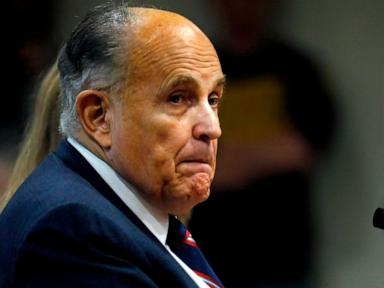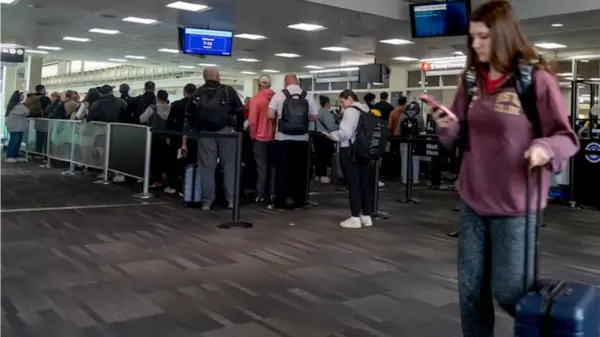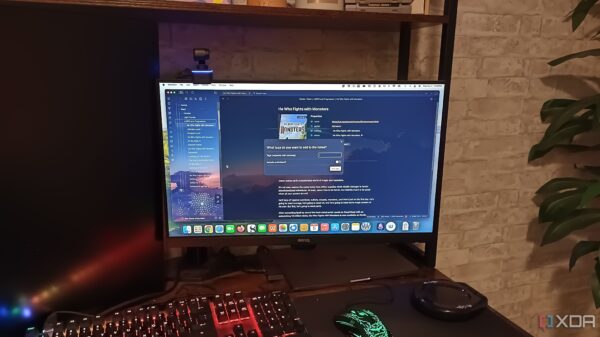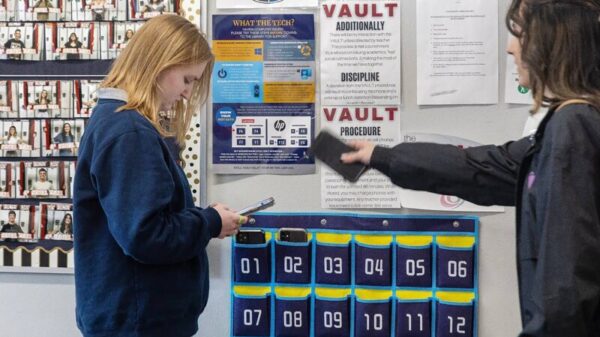UPDATE: The U.S. Senate has just voted 60-40 to take a critical step toward reopening the government, which has been shut down for an unprecedented duration. A bipartisan group of Senate Democrats and Republicans has reached an agreement to fund the government through January 30, 2024, marking a pivotal moment after weeks of political standoff.
This agreement is vital for millions of Americans as it includes full funding for the Supplemental Nutrition Assistance Program (SNAP) through September 30, 2026. The vote late on October 29, 2023, saw seven Democrats and one independent join most Republicans to advance the measure, setting the stage for future legislative action.
The urgency of this situation cannot be overstated. Federal employees, including air traffic controllers, have been affected by the shutdown, and their paychecks are now on the line. The proposed legislation also includes backpay for all federal employees, a critical lifeline for those who have been without wages during this crisis.
Senate Democrats had previously resisted short-term funding resolutions, aiming to protect health care subsidies. However, as the repercussions of the shutdown intensified, some members agreed to a more moderate framework. The continuing resolution will also prevent further layoffs of federal workers and ensure protections against reductions in force throughout the fiscal year.
“I have long said that to earn my vote, we need to be on a path toward fixing Republicans’ health care mess and to protect the federal workforce,” stated Sen. Tim Kaine (D-Va.), emphasizing the deal’s importance. The agreement guarantees a vote to extend Affordable Care Act premium tax credits, a significant step that Republicans had previously resisted.
Despite the progress, the legislation still faces significant hurdles. It must pass the House of Representatives before the government can officially reopen. House Minority Leader Hakeem Jeffries (D-N.Y.) has already criticized the agreement, stating, “We will not support spending legislation advanced by Senate Republicans that fails to extend the Affordable Care Act tax credits.” This sentiment reflects a deeper divide within the Democratic Party regarding the compromise measure.
The Senate deal comes after Democrats celebrated a series of recent electoral victories, which some believe could bolster their confidence in the ongoing negotiations. However, many in the party feel that maintaining the shutdown offered them leverage against a Republican-controlled Congress.
Moderate Democrats, like Kaine, defended their votes, claiming it was the best possible deal under the circumstances. “Lawmakers know their constituents expect them to vote for it, and if they don’t, they could very well be replaced at the ballot box by someone who will,” he asserted, highlighting the political stakes involved.
As the situation develops, all eyes will be on the House, where opposition to the Senate agreement remains strong. The next steps will be critical in determining how quickly the government can reopen and how federal workers and assistance programs will be impacted. Stay tuned for more updates as this story unfolds.





































































